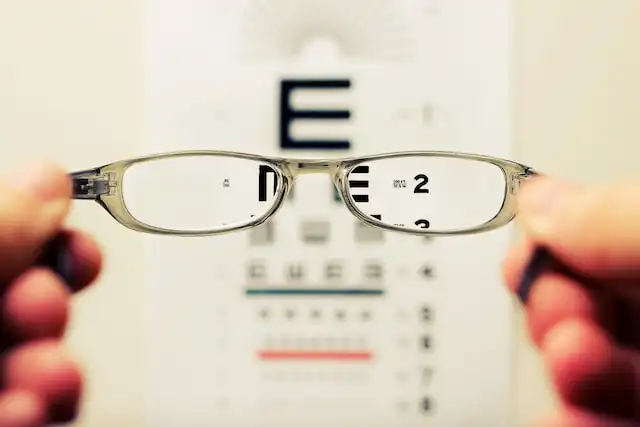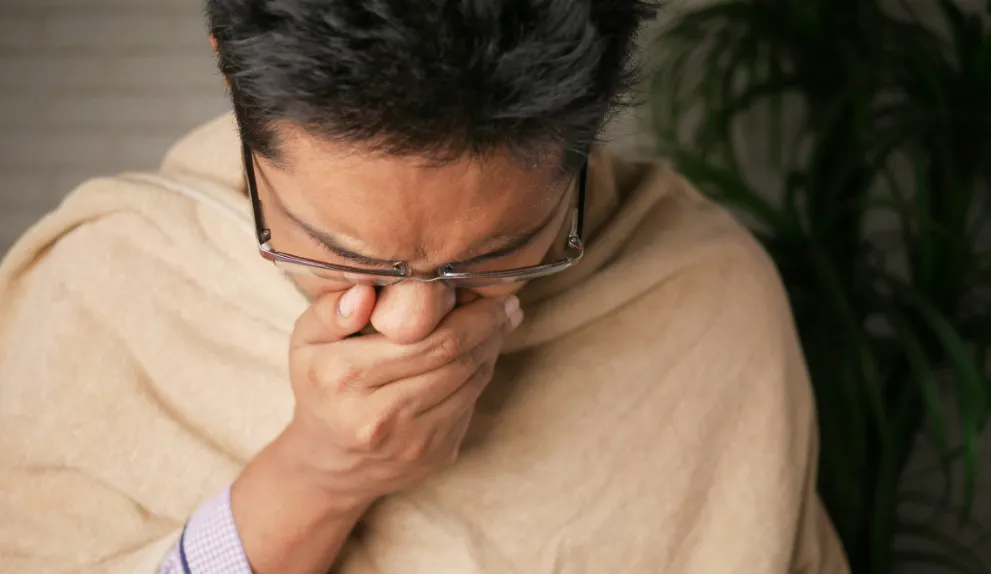January comes with an opportunity to spread the word about glaucoma, the disease that steals sight. National Glaucoma Awareness Month is observed to educate people about glaucoma, its causes, and available treatments. Read on to start the new year off right with advice on how to lower your risk of losing your vision.
What is glaucoma?
Glaucoma is a series of diseases that damage the eyes' optic nerves. Glaucoma causes fluid to build up in the eyes, increasing intraocular pressure and progressively harming the optic nerve irreparably. It happens gradually and without warning, robbing victims of their sight.
Fast facts about glaucoma:
- Glaucoma affects about 3 million Americans.
- It can affect people of all ages.
- Open-angle glaucoma is the most common form of glaucoma.
- About half of those with glaucoma are not aware they have it.
- Glaucoma is the second leading cause of blindness in the world after cataracts.
- Glaucoma is the leading cause of blindness in individuals aged 60 and above.
- WHO estimates that 4.5 million people worldwide are blind due to glaucoma.
- Glaucoma has no cure, but you can preserve your vision if diagnosed early.
What are the types of glaucoma?
The different types of glaucoma include:
- primary open-angle glaucoma (POAG)
- angle-closure glaucoma
- normal tension glaucoma
- secondary glaucoma
What are the symptoms of glaucoma?
Primary open-angle glaucoma is virtually asymptomatic until significant vision loss. However, acute angle-closure glaucoma comes with a variety of symptoms which include eye redness, nausea, headache, eye aches, dilated pupil, vomiting, and sudden vision loss.
Why should I go for regular eye examinations?
Regular eye exams are the best method to safeguard your vision. Keep in mind that OPAG, the most prevalent type of glaucoma, has no symptoms. A routine eye exam will enable early detection and treatment to stop vision loss.
What are the risk factors for glaucoma?
- age – there is a higher risk in people aged 40 and older
- family history of glaucoma
- ethnicity – people of African, Hispanic, and Asian descent have a higher risk
- eye injury
- uncontrolled high blood pressure
- uncontrolled diabetes
- thinning of the optic nerve
- thin corneas
- migraines
- long-term use of steroid medications
How do I protect my vision?
- Maintain a healthy weight.
- Keep an eye on your blood pressure and blood sugar levels.
- Regularly take any prescribed medications for medical disorders that have a risk of vision loss.
- Get an eye exam every year.
What are the treatment options for glaucoma?
Damage from glaucoma is irreversible. However, there are treatment options that can lower eye pressure and help preserve your vision. Depending on the severity and your response to treatment, doctors may recommend one or more of the following:
- Eyedrops: The initial treatment for glaucoma is typically eyedrops. Eyedrops lower intraocular pressure by increasing fluid outflow from the eyes or reducing intraocular fluid production. Examples are apraclonidine (Iopidine), brinzolamide (Azopt), brimonidine (Alphagan), pilocarpine (Salagen), travoprost (Travatan), bimatoprost (Lumigan), and timolol (Betimol). Eyedrops can also be a coformulation of two different drugs such as Combigan (timolol and brimonidine) and Cosopt (timolol and dorzolamide).
- Oral medications: Carbonic anhydrase inhibitors like acetazolamide (Diamox) are frequently used as oral glaucoma medications.
- Laser therapy
- Surgery
How can I participate in Glaucoma Awareness Month?
You can impact lives during Glaucoma Awareness Month by encouraging those you know to get screened and by spreading awareness on social media. Additionally, you can help family and friends reduce their prescription costs by recommending RxLess - they can get their medications up to 88% cheaper using a free RxLess discount coupon! RxLess is accepted at most pharmacies, including CVS, Rite Aid, and Walgreens.

















